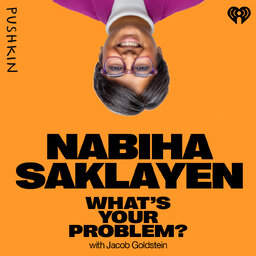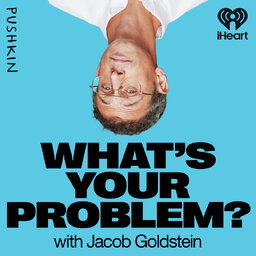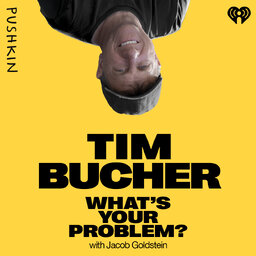How Do Psychedelics Work?
Psychedelics are going mainstream. The FDA has approved ketamine for certain patients with depression, and may soon approve MDMA for post-traumatic stress disorder (PTSD). But a fundamental question remains unclear: How do psychedelics work?
Gul Dolen is a professor of psychology and neuroscience at UC Berkeley. In a series of experiments, Gul has found evidence of a common mechanism that a wide range of psychedelics use to affect the brain. If Gul is correct, these drugs may be useful not only for people suffering from mental illness, but also for people dealing with neurological problems like strokes.
In 1 playlist(s)
What's Your Problem?
Every week on What’s Your Problem, entrepreneurs and engineers talk about the future they’re trying …Social links
Follow podcast
Recent clips

Mass-Producing Stem Cells to Cure Disease
34:22

From Kill Switch: The Glassholes Are Back
39:39

Building a Self-Driving Tractor to Change the Future of Food
43:21
 What's Your Problem?
What's Your Problem?